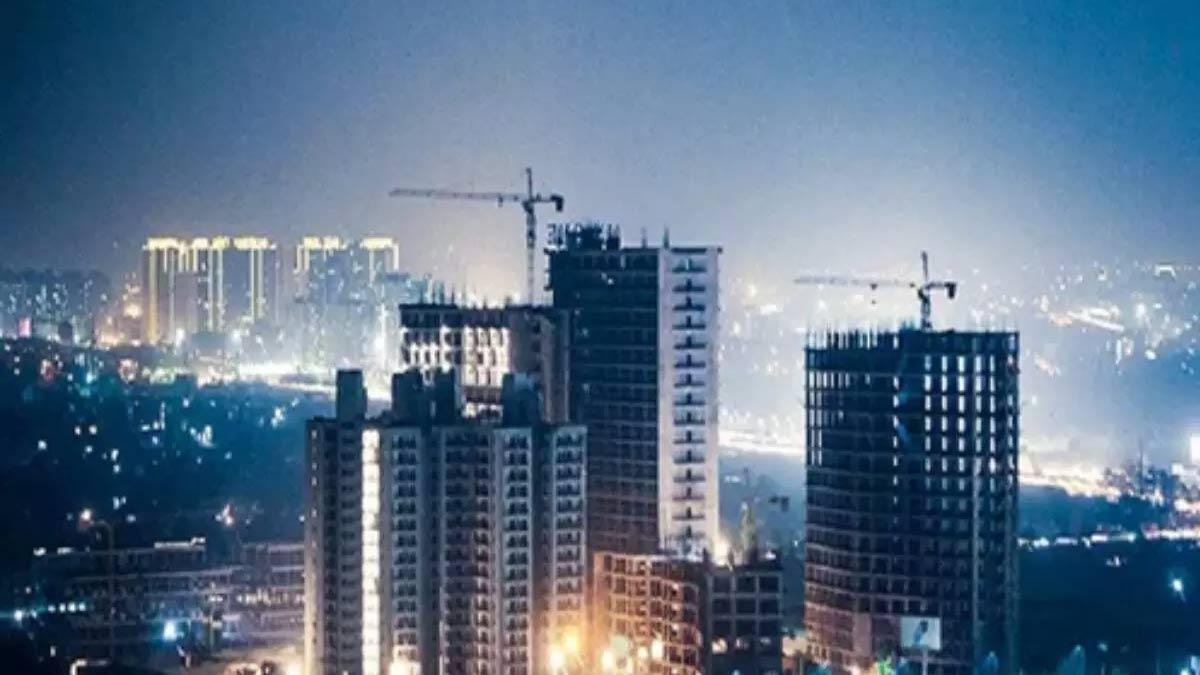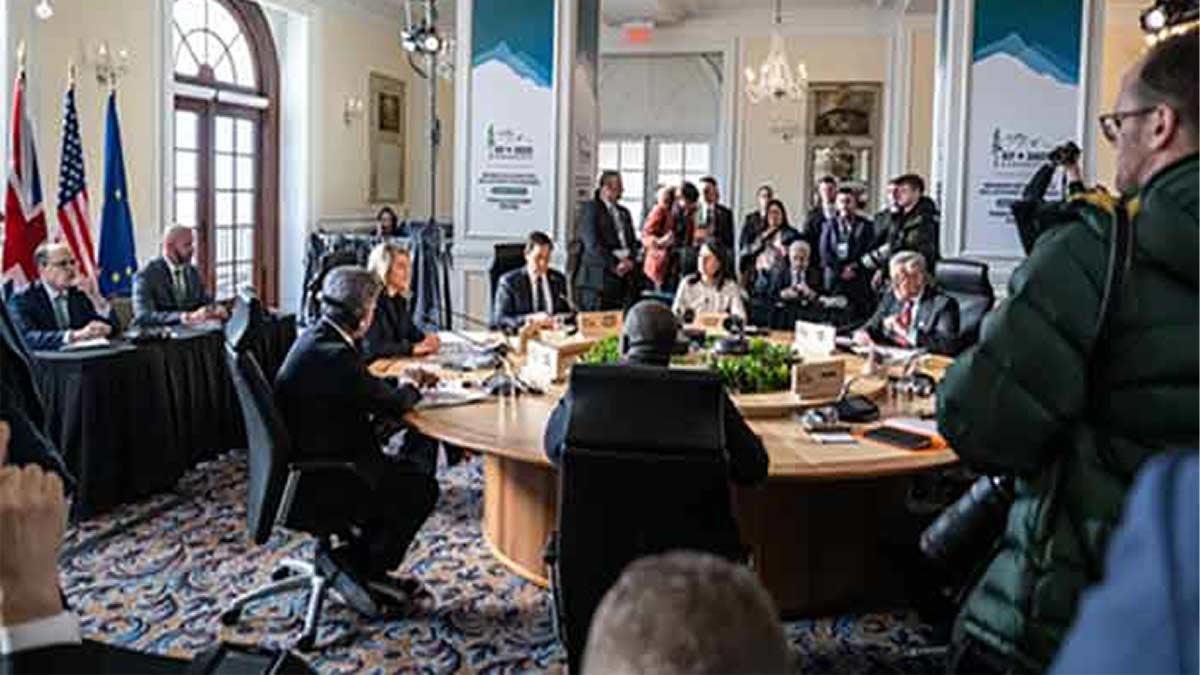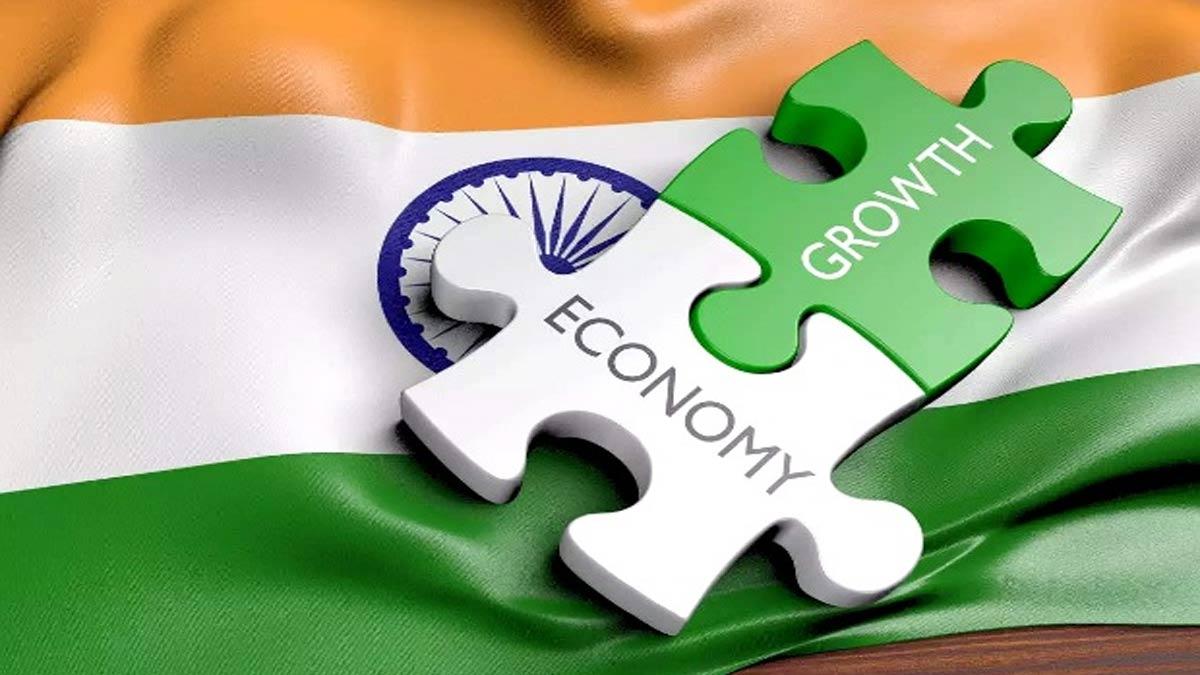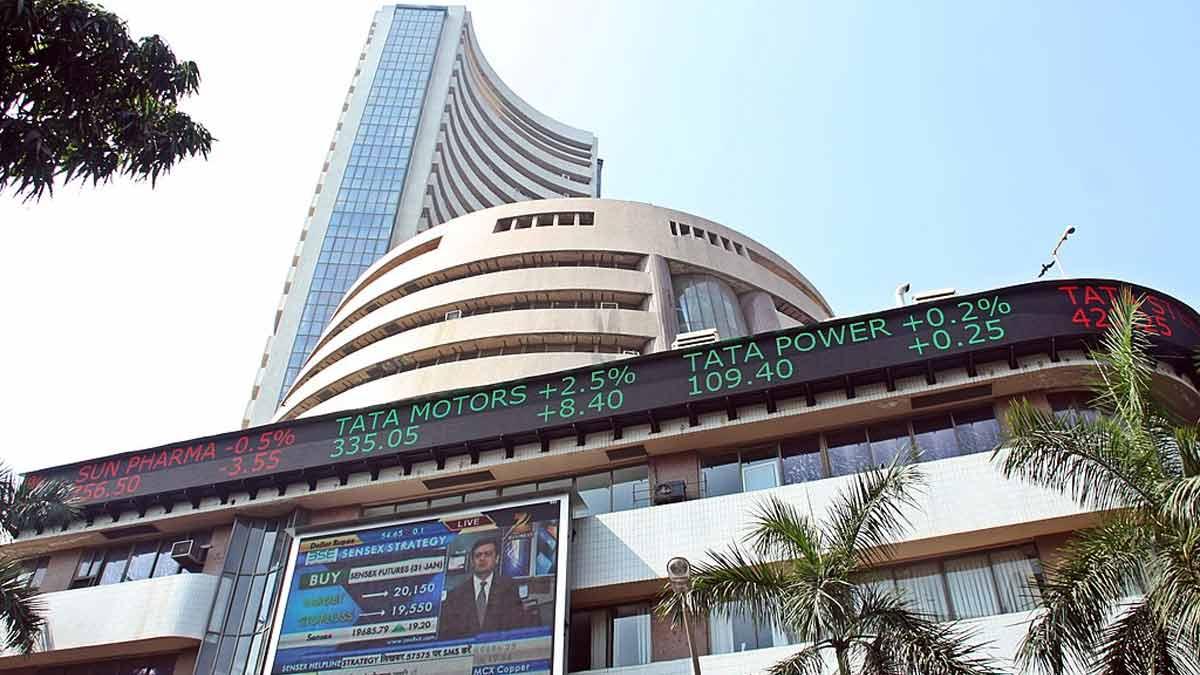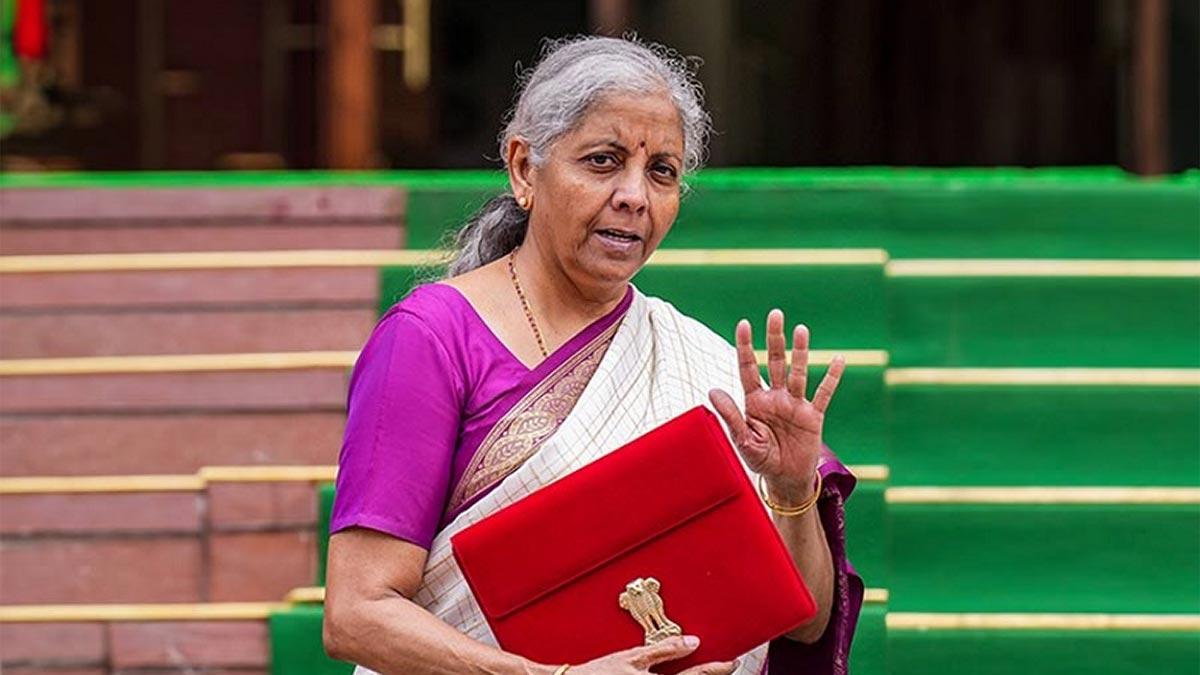Conversion time to purchase a property in India declined to 26 days on average in the first half of the fiscal period (H1 FY25) compared to the highest peak of 33 days in FY 2021 as housing emerged as the most-preferred investment option amid rising disposable incomes and robust economic activity in the country, said a report that came out on Monday.
The ultra-luxury homes, which come priced above Rs 3 crore, saw the lowest conversion time - 15 days in H1 FY25. In the last fiscal (FY24), it was 22 days, reducing by a whole week according to data coming from realty analytics firm Anarock Group.
The maximum time duration was taken by the ones priced between Rs 50 lakh and Rs 1 crore. Conversion time in terms of aggregate is still at 27 days in H1 FY25 for homes priced between Rs 1 crore and Rs 3 crore.
Lead to conversion, or the time taken from the first lead to actual booking, was the lowest ever at 25 days in both FY 2019 and FY 2024.
Ultra-luxury homes buyers can afford to be much more decisive. Plus, luxury home segment is in highest demand today, and the desirable inventory is sold out usually within a few days, hence, speed is required as of now," said Anuj Puri, Chairman, Anarock Group.
Affordable homes witnessed a slight decline in conversion time - 27 days in FY 2024 to 26 days in H1 FY 2025.
It is essentially taking a longer time to book homes in FY21 compared with today, said the report, reflecting the currently strong demand momentum.
However, buyers seem to be feeling more empowered to take quicker decisions as confidence in these players is high. The last few years have indeed seen a higher increase in new supply by branded developers, said the report.
Even with these reductions in lead-to-buy periods, said Puri, it is unlikely that this process overall will see any marked incremental changes.
Indian home buyers do not take decisions lightly, as huge capital outlay often involves most or all of their savings.
Read also| PM Modi Expresses Deep Sense of Loss Over Ratan Tata's Absence Across Society
Read also| Trump Administration Could End EV Subsidies and Introduce More Industry Tariffs, Report

